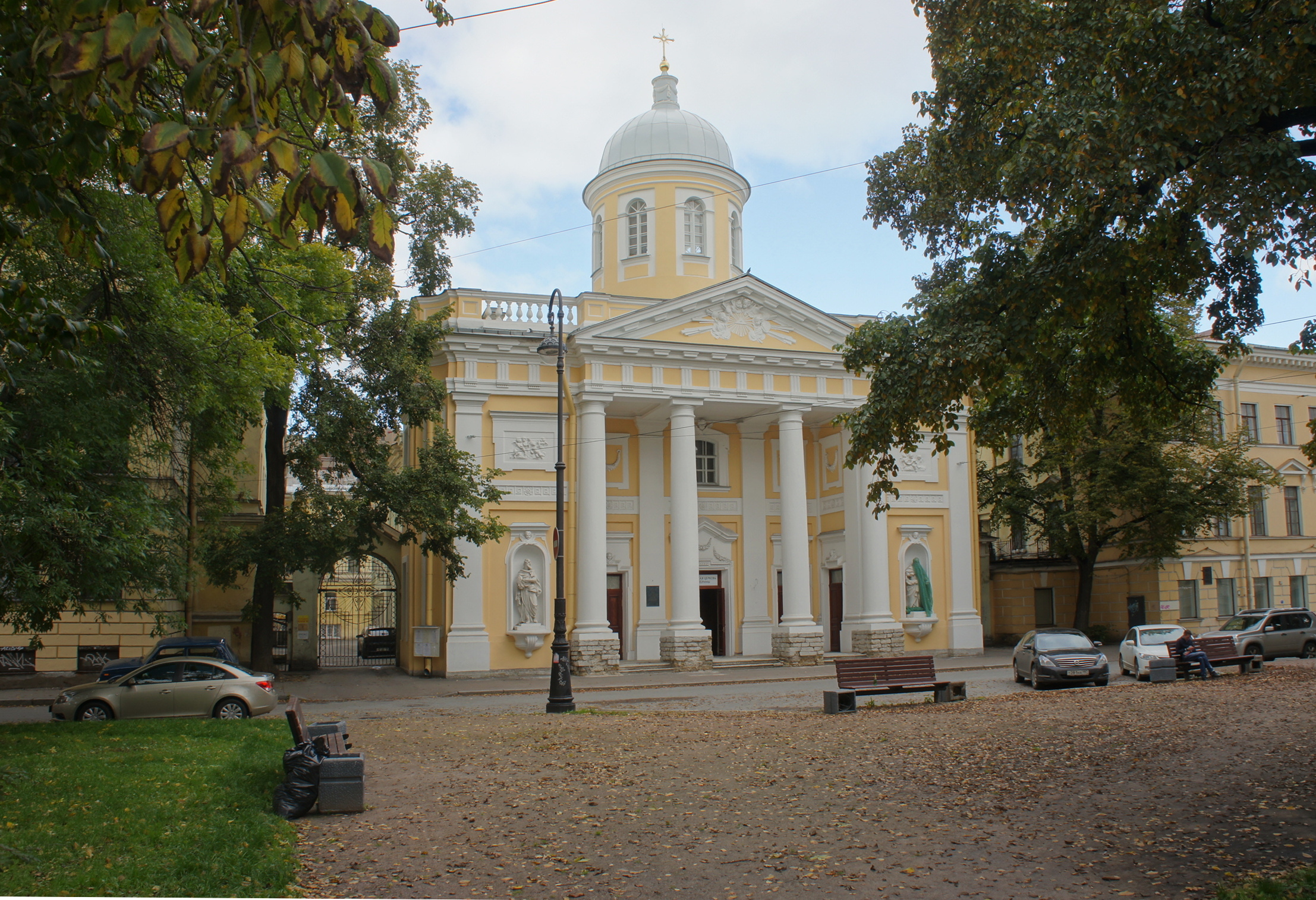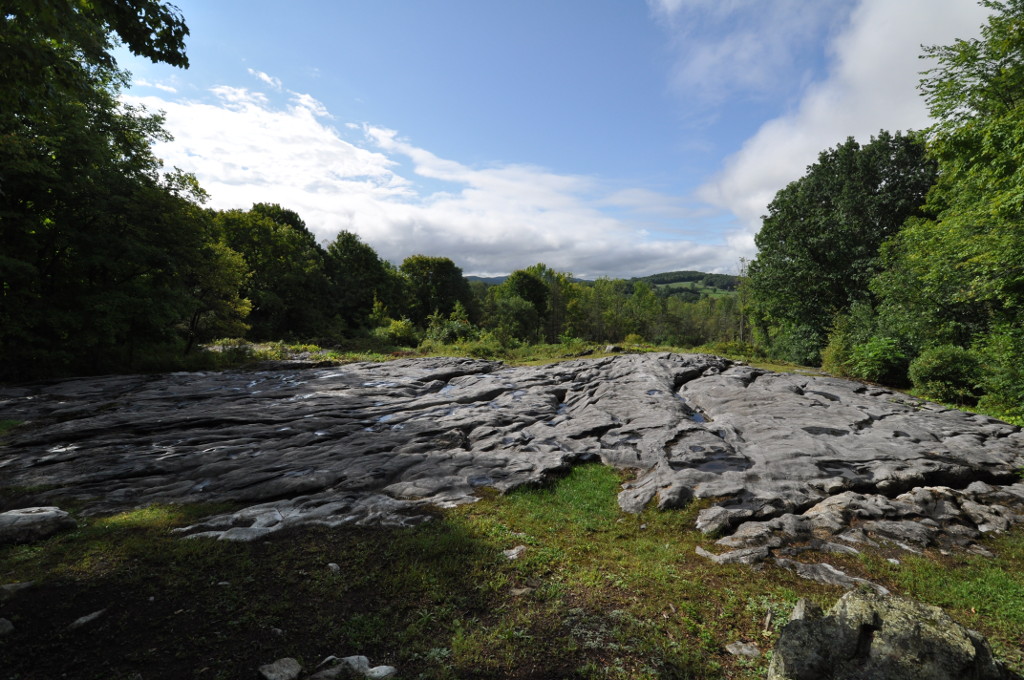|
Protestantism In Russia
Protestants in Russia constitute 1–2% (i.e. 1.5 million – 3 million adherents) of the overall population of the country. Additionally there are the Spiritual Christianity, Spiritual Christians, including around 15.000–20.000 Doukhobors and 40.000 Molokans in Russia, who have similarities to Protestantism. By 2004, there were 4,435 registered Protestant societies representing 21% of all registered religious organizations, which is second place after Eastern Orthodox Church, Eastern Orthodoxy. By contrast in 1992 the Protestants reportedly had 510 organizations in Russia. Many missionaries operating in the country are from Protestant denominations.''US State Department Religious Freedom Report on Russia, 2006'' According to a global survey conducted at the end of 2013, 1% of surveyed Russians identify as Protestants. History The first Protestant churches (Lutheranism, Lutheran, Reformed church, Reformed) in Russia appeared in the 16th and 17th centuries in major towns and ... [...More Info...] [...Related Items...] OR: [Wikipedia] [Google] [Baidu] |
Mennonite
Mennonites are a group of Anabaptism, Anabaptist Christianity, Christian communities tracing their roots to the epoch of the Radical Reformation. The name ''Mennonites'' is derived from the cleric Menno Simons (1496–1561) of Friesland, part of the Habsburg Netherlands within the Holy Roman Empire, present day Netherlands. Menno Simons became a prominent leader within the wider Anabaptist movement and was a contemporary of Martin Luther (1483–1546) and Philip Melanchthon (1497–1560). Through his writings about the Reformation Simons articulated and formalized the teachings of earlier Swiss Anabaptist founders as well as early teachings of the Mennonites founded on the belief in both the mission and ministry of Jesus. Formal Mennonite beliefs were codified in the Dordrecht Confession of Faith (1632), which affirmed "the baptism of believers only, the washing of the feet as a symbol of servanthood, church discipline, the shunning of the excommunicated, the non-swearing of oaths ... [...More Info...] [...Related Items...] OR: [Wikipedia] [Google] [Baidu] |
Subbotniks
Subbotniks ( rus, Субботники, p=sʊˈbotnʲɪkʲɪ, "Sabbatarians") is a common name for adherents of Russians, Russian religious movements that split from Sabbatarianism, Sabbatarian sects in the late 18th century. The majority of Subbotniks were converts to Rabbinic Judaism, Rabbinic or Karaite Judaism, Karaite Judaism from Christianity. Other groups included Heresy of the Judaizers, Judaizing Christians and Spiritual Christianity, Spiritual Christians. There are three main groups of people described as Subbotniks: * Judaizing Talmudists: Subbotnik Gerim, converts to Rabbinic Judaism, also described as "Gery" (), "Talmudisty" (), or "Shaposhniki". * Karaimites or Karaite Subbotniks (): also described as "Russian Karaites" (), considering themselves as adherents of Karaite Judaism. They recognize only the scriptural authority of the Torah and reject the Talmud; however, it has been reported that they do not practice circumcision. * Subbotnik Molokans (): in contra ... [...More Info...] [...Related Items...] OR: [Wikipedia] [Google] [Baidu] |
Khlysts
The Khlysts or Khlysty ( rus, Хлысты, p=xlɨˈstɨ, "whips") were an underground Spiritual Christian sect which emerged in Russia in the 17th century. The sect is traditionally said to have been founded in 1645 by Danilo Filippovich, although there is no written evidence to support this claim. The beliefs and practices of its members included ecstatic rituals, worship of charismatic leaders, and a rejection of the priesthood and holy books. They believed in direct communication with the Holy Spirit and practiced the ritual of ("rejoicing"), which was characterized by dancing, speaking in tongues, and prophesying. Throughout their history, the Khlysts were pursued by accusations of sexual immorality and faced persecution from other religious groups and from the government. In the 18th century, doctrinal changes led to schisms, and by the 1970s, only a few isolated groups remained. The Khlysts had a significant influence on other Russian sectarian movements, such as the ... [...More Info...] [...Related Items...] OR: [Wikipedia] [Google] [Baidu] |
Dukhobor
The Doukhobors ( Canadian spelling) or Dukhobors (; ) are a Spiritual Christian ethnoreligious group of Russian origin. They are known for their pacifism and tradition of oral history, hymn-singing, and verse. They reject the Russian Orthodox priesthood and associated rituals, believing that personal revelation is more important than the Bible. Facing persecution by the Russian government for their nonorthodox beliefs, many migrated to Canada between 1899 and 1938, where most of them reside . In Russia, ''Dukhobortsy'' were variously portrayed as " folk-Protestants", Spiritual Christians, sectarians, and heretics. Among their core beliefs is the rejection of materialism. They also reject the Russian Orthodox priesthood, the use of icons, and all associated church rituals. Doukhobors believe the Bible alone is not enough to reach divine revelation and that doctrinal conflicts can interfere with their faith. Biblical teachings are evident in much of the published Doukhobo ... [...More Info...] [...Related Items...] OR: [Wikipedia] [Google] [Baidu] |
Strigolniki
The ''strigolniki'' (; ) were followers of a Russian religious sect which appeared in the mid-14th century, known as ''strigolnichestvo'' (). They first appeared in Pskov before spreading to Novgorod and Tver. By the early 15th century, they had disappeared. Along with the Judaizers, they were one of the major sects in medieval Russia. The origins of the name remain unclear. Some historians believe it has something to do with handicrafts that the first ''strigolniki'' were engaged in, such as cloth-cutting or hairdressing (it appears that the word ''strigolnik'' derives from the Russian root ''strig-'', which connotes ''cutting'' or ''trimming''). Others think the name comes from a special initiation ceremony (a specific haircut, or ''strizhka''), performed by a deacon named Karp – a supposed founder of the sect (together with deacon Nikita), yet others think it could mean that these people refused to either grow a beard or cut their beards when they entered churches. Active p ... [...More Info...] [...Related Items...] OR: [Wikipedia] [Google] [Baidu] |
Ivan Voronaev
This American immigrant introduced Pentecostalism to Russia, Ukraine and some other Slavic nations. The first Russian-language Pentecostal church in Manhattan was founded by Voronaev in 1919. Early life N. P. Cherkasov entered history under the name Ivan Voronaev, which he received when obtaining a fake passport. He was born into the family of an Orenburg Cossack. After finishing school, he worked as a clerk for the village ataman. In 1907, he was called up for active duty and served in the 5th Orenburg Cossack Regiment in the town of Kazerma (Turkestan). During his service, he accidentally attended a worship service of evangelical Christians-Baptists and became a Baptist, receiving baptism in the Tashkent community of Christian Baptists. ''«… If you ask me, 'Where was Christ born?' I can tell you: in the Bethlehem of my heart. And if you ask again, 'When was Christ born?' I will answer you: on August 12, 1907, the day I accepted Him by faith into my heart as my Savior. ... [...More Info...] [...Related Items...] OR: [Wikipedia] [Google] [Baidu] |
Pentecostal
Pentecostalism or classical Pentecostalism is a movement within the broader Evangelical wing of Protestantism, Protestant Christianity that emphasizes direct personal experience of God in Christianity, God through Baptism with the Holy Spirit#Classical Pentecostalism, baptism with the Holy Spirit. The term ''Pentecostal'' is derived from Pentecost, an event that commemorates the descent of the Holy Spirit in Christianity, Holy Spirit upon the Apostles in the New Testament, Apostles and other followers of Jesus Christ while they were in Jerusalem during the Second Temple Period, Jerusalem celebrating the Feast of Weeks, as described in the Acts of the Apostles (Acts 2:1–31). Like other forms of Evangelicalism, evangelical Protestantism, Pentecostalism adheres to the Biblical inerrancy, inerrancy of the Bible and the necessity of the Born again#Pentecostalism, New Birth: an individual Repentance (Christianity), repenting of their sin and "accepting Jesus Christ as their personal ... [...More Info...] [...Related Items...] OR: [Wikipedia] [Google] [Baidu] |
Sakha Republic
Sakha, officially the Republic of Sakha (Yakutia), is a republics of Russia, republic of Russia, and the largest federal subject of Russia by area. It is located in the Russian Far East, along the Arctic Ocean, with a population of one million. Sakha comprises half of the area of its governing Far Eastern Federal District, and is the world's List of country subdivisions by area, largest country subdivision, covering over 3,083,523 square kilometers (1,190,555 sq mi). ''Sakha'' following regular sound changes in the course of development of the Yakut language) as the Evenk and Yukaghir exonyms for the Yakuts. It is pronounced as ''Haka'' by the Dolgans, Dolgan language, whose language is a close relative of the Yakut language.Victor P. Krivonogov, "The Dolgans’Ethnic Identity and Language Processes." ''Journal of Siberian Federal University'', Humanities & Social Sciences 6 (2013 6) 870–888. Geography * ''Borders'': ** ''internal'': Chukotka Autonomous Okrug (660 km) ( ... [...More Info...] [...Related Items...] OR: [Wikipedia] [Google] [Baidu] |
Vladimir Shelkov
Vladimir Andreevich Shelkov Владимир Андреевич Шелков (December 20, 1895 – January 27, 1980) was a Christian preacher and Seventh-day Adventist leader in the former Soviet Union. He headed the Church of True and Free Seventh-day Adventists, which rejected any government interference in the activities. Shelkov was born in Velyka Vyska village of Kherson Governorate, today in Ukraine. In 1931 Shelkov was imprisoned for the first time by the Soviet regime and spent almost all his life in prisons and camps.''Letter to the President of the USA Mr. JIMMY CARTER, to the Congress and the Senate from The All-USSR Council of the Church Of the True and Free Seventh-Day Adventists, "Memorial" society, March 1978'' In 1946 Shelkov had been sentenced to capital punishment, which later was changed to 10 years imprisonment. His last confinement began in 1979 when a Soviet court in Tashkent sentenced him (then a delicate eighty-three-year-old man) to five years of hard ... [...More Info...] [...Related Items...] OR: [Wikipedia] [Google] [Baidu] |
Seventh-day Adventist Church
The Seventh-day Adventist Church (SDA) is an Adventist Protestant Christian denomination which is distinguished by its observance of Saturday, the seventh day of the week in the Christian (Gregorian) and the Hebrew calendar, as the Sabbath, its emphasis on the imminent Second Coming (advent) of Jesus Christ, and its annihilationist soteriology. The denomination grew out of the Millerite movement in the United States during the mid-19th century, and it was formally established in 1863. Among its co-founders was Ellen G. White, whose extensive writings are still held in high regard by the church. Much of the theology of the Seventh-day Adventist Church corresponds to common evangelical Christian teachings, such as the Trinity and the infallibility of Scripture. Distinctive eschatological teachings include the unconscious state of the dead and the doctrine of an investigative judgment. The church emphasizes diet and health, including adhering to Jewish dietary l ... [...More Info...] [...Related Items...] OR: [Wikipedia] [Google] [Baidu] |
Ukrainian Soviet Socialist Republic
The Ukrainian Soviet Socialist Republic, abbreviated as the Ukrainian SSR, UkrSSR, and also known as Soviet Ukraine or just Ukraine, was one of the Republics of the Soviet Union, constituent republics of the Soviet Union from 1922 until 1991. Under the Soviet One-party state, one-party model, the Ukrainian SSR was governed by the Communist Party of the Soviet Union through its Soviet democracy, republican branch, the Communist Party of Ukraine (Soviet Union), Communist Party of Ukraine. The first iterations of the Ukrainian SSR were established during the Russian Revolution, particularly after the October Revolution, Bolshevik Revolution. The outbreak of the Ukrainian–Soviet War in the former Russian Empire saw the Bolsheviks defeat the independent Ukrainian People's Republic, during the conflict against which they founded the Ukrainian People's Republic of Soviets, which was governed by the Russian Soviet Federative Socialist Republic (RSFSR), in December 1917; it was later ... [...More Info...] [...Related Items...] OR: [Wikipedia] [Google] [Baidu] |





